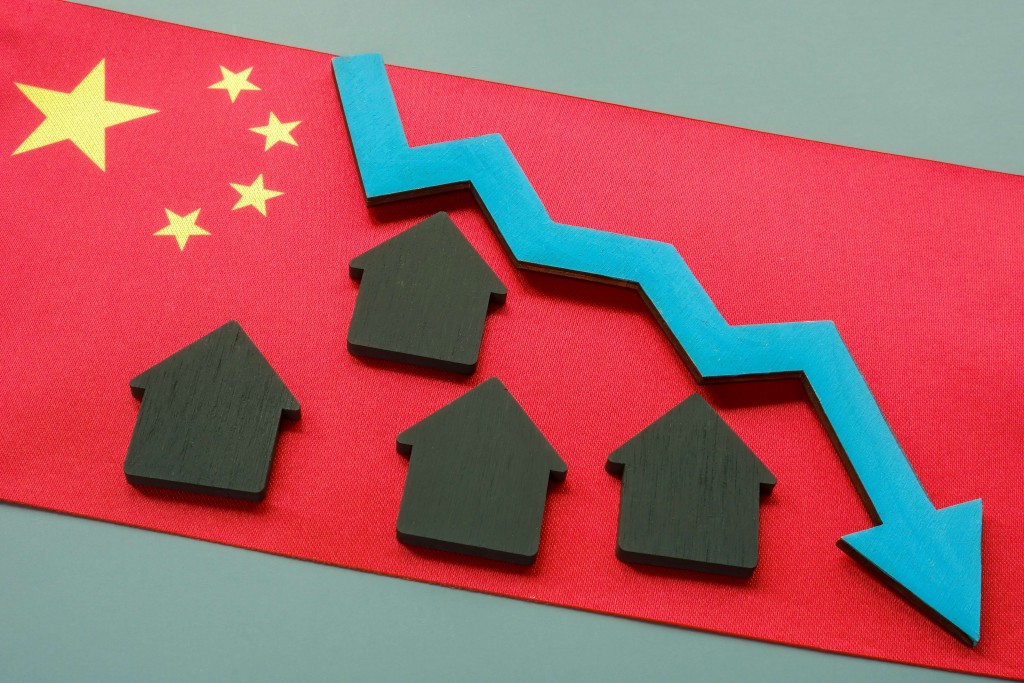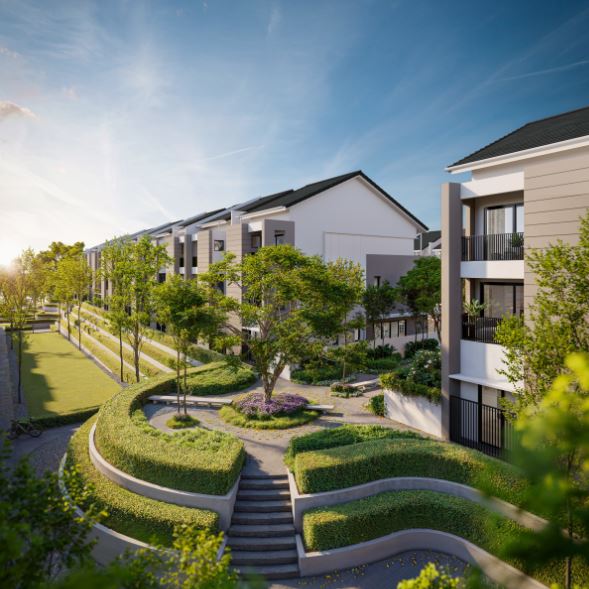By Joseph Wong
Malaysia has long benefited from its strategic partnership with China, particularly in sectors where China excels such as construction and housing, artificial intelligence (AI), the auto industry, fintech and high-speed trains. However, the economic challenges faced by China over the last three years have raised questions about the sustainability of this relationship.
China has been facing a multitude of economic issues from weak domestic demand, a real estate crisis and a significant number of non-performing loans since 2021. Additionally, the country's demographic trends are not favourable. These factors contribute to the perception that China’s economic dream might be faltering. However, this may not be the full story.
Historically, China has managed its economy prudently, often making bold decisions that paid off handsomely, such as its accession to the WTO in 2001. Despite the current property-related misadventures, including the collapse of Evergrande and a significant deleveraging in the real estate market, there is no indication that China has lost its ability to steer its economy effectively.
According to the International Monetary Fund (IMF), housing demand in China was set to decrease by 50% and while the country's gross domestic product (GDP) growth in 2023 was a modest 5.2%, it was a sharp decline from the 10% growth seen in 1980. In response, the Chinese government has issued one trillion yuan (approximately RM649bil) in sovereign bonds to stimulate spending, though this has increased the deficit from 3% to 3.8%. Additionally, the government is focusing on affordable housing to curb real estate speculation and better utilise developer resources.
To raise aggregate demand, China aims to enhance technology, productivity and market expansion. Significant investments are being directed toward AI, digitisation, the green economy, non-fossil fuel energy and industrial innovation. These efforts are intended to renew and upgrade China's industrial and technological capabilities.
Financial constraints
On the Malaysian front, China’s construction firms are faring better than its property developers. The nation saw several deals being awarded to these China firms over the last couple of years post-Covid. For example, EcoFirst Consolidated Bhd awarded a RM389mil contract to China State Construction Engineering (M) Sdn Bhd (CSCEC) for the superstructure works of serviced apartment KL48 in Chan Sow Lin, Sungai Besi in December, 2023. CSCEC also completed the high-end hotel and luxury apartments Imperial Lexis Hotel in Kuala Lumpur last year.
In contrast, China developers Agile Group Holdings Ltd (Agile) and Vanke Holdings (Malaysia) Sdn Bhd (Vanke Malaysia) are not so lucky although not as poorly as China Evergrande Group and Country Garden Holdings Co.
Due to the extraordinary liquidity crisis in China's real estate market, Evergrande has become the most indebted property developer globally while Country Garden has faced historic losses and has defaulted on all its overseas debt, including Malaysia.
News portal Reuters reported that Chinese regulators earlier in the year met with financial institutions to discuss Vanke. During these discussions, they urged large banks to enhance financing support and requested private debt holders to consider extending maturities.
According to Reuters, two sources with direct knowledge of the matter said the financial institutions were asked to make progress quickly, with the State Council, China's cabinet, coordinating efforts to support Vanke.
It was reported that Agile Group incurred substantial losses amounting to RM371.21mil by selling its incomplete Embassy Garden project in Kuala Lumpur to Law Developments Sdn Bhd for RM310mil in November 2023.
According to reports, Agile Group stated that the RM310mil sale would result in an immediate cash inflow for the company. This would enhance liquidity, facilitate meeting working capital requirements for the development of additional real estate projects, and streamline its current operations and organisational structure.
As for Vanke Malaysia, last year it reportedly said that it was still operating in the country and was awaiting a rebound in Kuala Lumpur's property market for a more favourable launch opportunity although there were rumours that the developer might sell off the 7.4-acre parcel it acquired in September 2017 for RM500mil.
On a brighter note
However, on the local front, some things might be looking up as the property industry is slowly rebounding. A Star article on the housing market booming in Johor might be just the spark needed to reignite ailing properties like Country Garden’s Forest City.
While there were rumours that a casino would be built in the seemingly dubbed ghost town, Johor Menteri Besar Datuk Onn Hafiz Ghazi has quashed the fake news, reiterating that no casino will be built in Forest City.
He also dismissed a news report claiming that a licence had been issued and a casino project was ongoing in Forest City as wildly defamatory. Prime Minister Datuk Seri Anwar Ibrahim, Berjaya Corp and Genting Malaysia Bhd also all denied the rumour.
“The claims are not true and do not make sense at all, other than malicious intentions to tarnish Forest City’s image and Johor as a whole. It is also seen as a repeat of efforts by certain quarters in 2018 against Forest City. I want to tell them, enough is enough. With the federal government’s support, this is the time for us to rebuild Forest City to benefit the people,” he told the state assembly meeting at Kota Iskandar on May 13.
Johor Baru unexpectedly topped residential sales in 2023, surpassing property hotspots in Kuala Lumpur and Selangor. This surge was driven by economic projects and improved transport links between the southern state and Singapore.
Real Estate Housing Developers Association (Rehda) Johor branch chairman Wong Boon Lang said the recent increase in property sales in the Johor districts was mainly from local buyers.
“Based on information from our members, more than half of the residential property in the area are taken up by locals as they see the rapid development underway such as the Johor-Singapore Special Economic Zone (JS-SEZ) and the Johor Baru-Singapore Rapid Transit System (RTS) Link project,” he said.
Wong said local buyers of residential properties mainly intend to inhabit them either as a first home or as an upgrade from their current residence. Whether this shift will revive Forest City and other struggling projects remains to be seen.
Looking ahead
For Malaysia, which has tied a part of its fortunes to China, the years ahead might remain challenging until China stabilises. However, in the long term, China is expected to remain a global economic powerhouse. Malaysia can still benefit from collaborating with China in areas where China is making substantial progress.
Temporary measures, such as reducing mortgage rates to stimulate credit demand, have led to a slight depreciation of the yuan, which was mitigated by state-owned banks selling dollars. While China’s growth is predicted to moderate to around 4% in 2024 and possibly 3.5% by 2030 due to demographic pressures, the country is poised to use this period to enhance its technological prowess.
For Malaysian developers and businesses, this period of adjustment in China could present opportunities in the developing world. As China focuses on improving its technological capabilities and labour productivity, Malaysia has the chance to decide whether to leverage these advancements and continue as equal partners.
Ultimately, while China faces significant economic challenges, it remains an economic superpower with the potential to rebound and grow. Malaysia can still rely on China by strategically aligning with its technological and industrial advancements, ensuring mutual benefits in the evolving global landscape.
Stay ahead of the crowd and enjoy fresh insights on real estate, property development, and lifestyle trends when you subscribe to our newsletter and follow us on social media.
















































